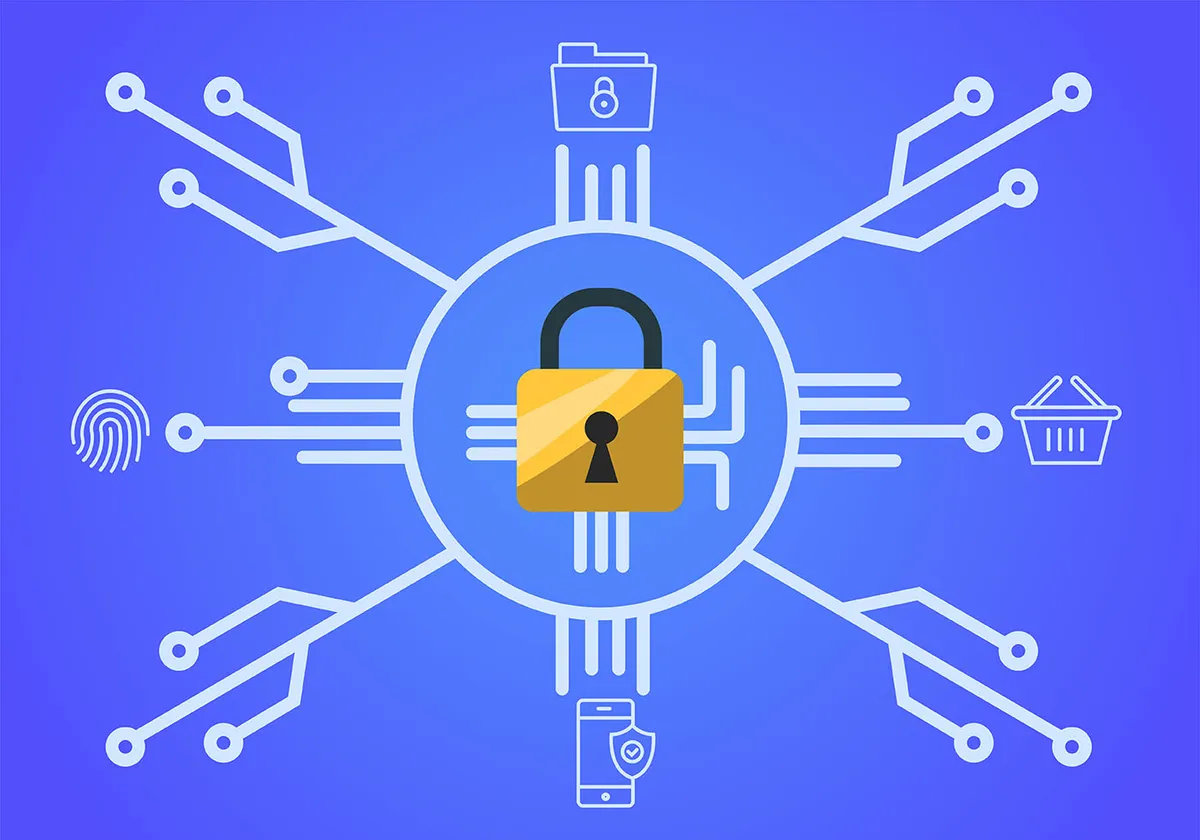1 min to read
Personal Data Protection 101:
Simple Steps for Keeping Your Information Secure Online

As more and more of our lives move online, it’s becoming increasingly important to protect our personal data from cyber threats. Here are some tips for keeping your personal information safe online:
- Use strong and unique passwords: A strong password is one that is long, contains a mix of upper and lowercase letters, numbers, and special characters, and is not easily guessable. It’s also important to use different passwords for each of your online accounts.
- Enable two-factor authentication: Two-factor authentication adds an extra layer of security to your accounts by requiring you to enter a code sent to your phone or email in addition to your password when logging in. This makes it much harder for hackers to gain access to your accounts.
- Be careful what you click on: Phishing attacks, in which hackers send fake emails or messages pretending to be from a legitimate company in an attempt to get you to enter your login information or click on a malicious link, are a common way that hackers try to steal personal data. Be careful not to click on links or enter your login information unless you are sure the message is legitimate.
- Use a VPN: A virtual private network (VPN) encrypts your internet connection and can help protect your personal data from being intercepted by hackers when you are using public Wi-Fi or other unsecured networks.
- Keep your software and devices up to date: Installing updates for your operating system, web browsers, and other software can help protect you from security vulnerabilities that have been discovered and patched.
- Be cautious when sharing personal information online: Think twice before sharing personal information, such as your address or phone number, on social media or other public websites.
By following these tips, you can help protect your personal data and keep it out of the hands of cyber criminals. Stay safe online!


Comments